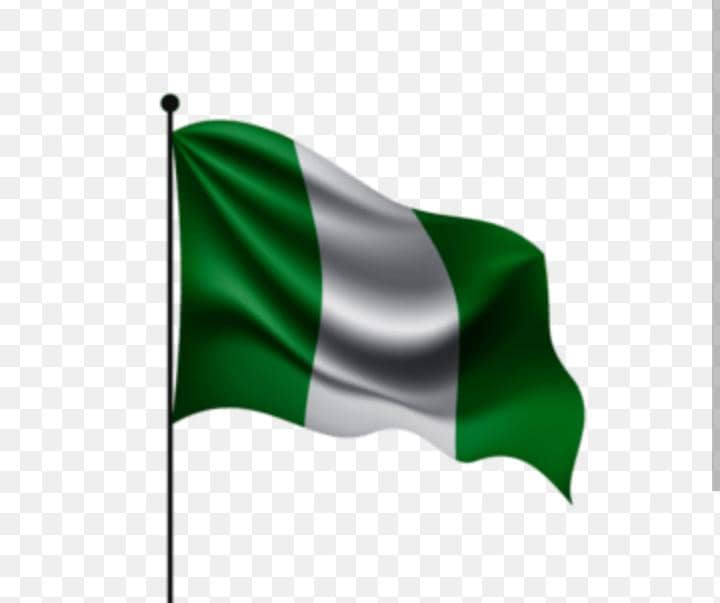(DDM) – The Federal Government of Nigeria has officially raised the minimum age for admission into Junior Secondary School (JSS1) to 12 years, following the completion of six years of primary education.
This policy, released through the Federal Ministry of Education, targets Non-State Schools across the country and is poised to restructure the nation’s basic education system.
Diaspora Digital Media (DDM) gathered that the new policy is part of a comprehensive document outlining reforms in the education sector, especially for private or independent institutions not managed by the government.
The updated framework mandates that children must first complete three years of nursery, beginning at age three, followed by one year of compulsory kindergarten before being admitted into primary school at age six.
The new structure reinforces the traditional 6-3-3 system of education: six years of primary, three years of junior secondary, and three years of senior secondary school.
However, it strictly ties age benchmarks to grade progression.
According to the document, “Every child must complete six years of primary education.
They shall be admitted into Junior Secondary School (JSS1) when they have completed six (6) years of primary education, at around the age of twelve (12) years.”
This policy shift has sparked public discussion, especially with regard to its long-term implications on university admission timelines.
If rigorously enforced, it could mean that most students will be at least 18 years old before qualifying for university or other tertiary education programs.
The development comes amid growing national debates about the fairness and relevance of minimum age requirements for entrance into higher institutions in Nigeria.
The move also highlights the growing influence of Non-State Schools in Nigeria’s educational landscape.
According to the Nigeria Education Digest 2022, Non-State Schools now outnumber state-managed institutions in at least 26 states at the junior secondary level.
Between 2017 and 2022, Non-State Junior Secondary Schools grew by 35.06%, compared to only 6.8% growth recorded among state schools.
Similarly, Non-State Primary Schools experienced a 31.56% growth during the same period, while state primary schools increased by just 3.3%.
This surge in private educational institutions underscores both the demand for and challenges within the government’s capacity to meet educational needs.
Education stakeholders argue that while the policy aims to improve educational standards, it must be accompanied by systemic reforms that address quality, equity, and access, especially for students in rural or low-income communities.
As Nigeria continues to adjust its national educational policies, observers are closely monitoring how this age mandate will be implemented in both urban and rural contexts, and what its consequences will be on learners, especially those in accelerated learning programs or gifted categories.







